Tunisian elders nurture decentralisation impetus
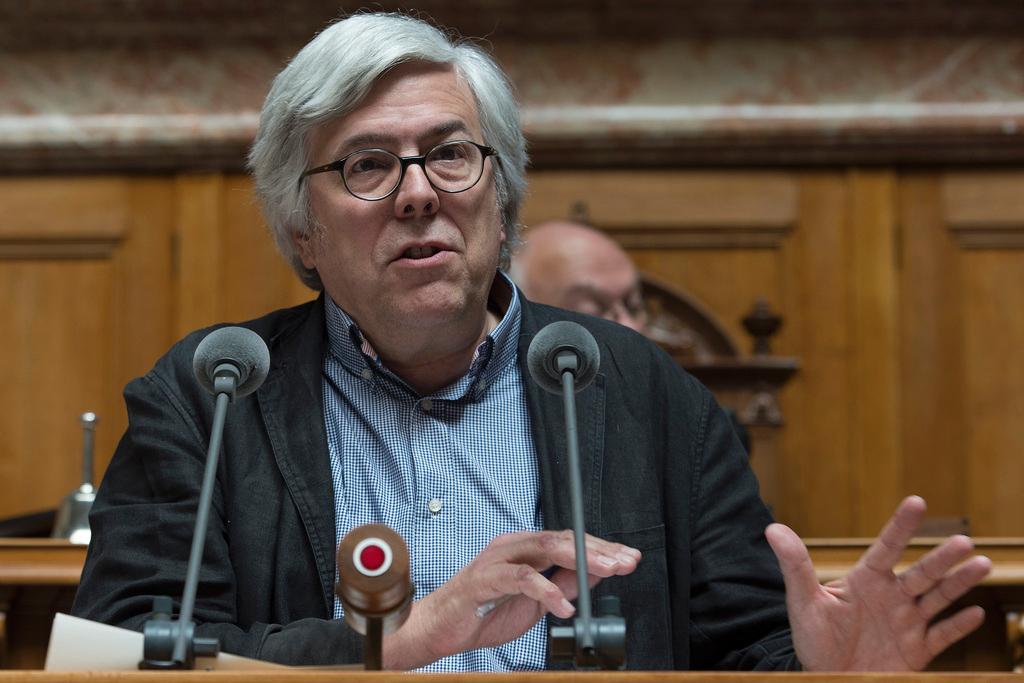
Decentralisation in Tunisia is imminent, according to Swiss democracy expert Andreas Gross, who advocates that power in the North African country be shared with the provinces and municipalities.
Devolution of power and decision-making has been key to Switzerland’s extremely stable political system, and the outside world has been increasingly curious about the Alpine nation’s set-up.
Gross will be in Tunis for the 2015 Global Forum on Modern Direct DemocracyExternal link from May 14-17, where he was be a keynote speaker.
A historian and senior parliamentarian, he has chaired the Council of Europe’s Social Democratic group for the past eight years and was instrumental in putting Tunisia on the council’s agenda.
Since the Jasmine revolution and the ousting of long-time Tunisian President Zine el-Abidine Ben Ali in 2011, GrossExternal link has made ten working trips to the country. He is in contact with dozens of key players.
swissinfo.ch met Gross before the start of the forum to talk about the difficulties of devolving power, Tunisia’s long-serving politicians, and the challenges of defusing extremism.
swissinfo.ch: “Decentralisation through participation” is the title of the forum as well as a mandate of the Tunisian constitution. What are the main obstacles to achieving greater autonomy in the municipalities and provinces?
Andreas Gross: The highly centralised structure of the country and the lack of experience with local and regional self-government. Although Tunisia was never a French colony, it adopted France’s very centrist-hierarchical system.
The differences between Tunisia’s regions in terms of life opportunities are enormous. These economic disparities between the various parts of the country were among the reasons for the revolution.
In certain parts of the country it has simply not been possible to lead a life with dignity, and changing that is an immense task. But it is precisely this that the new government and new parliament intend to do.
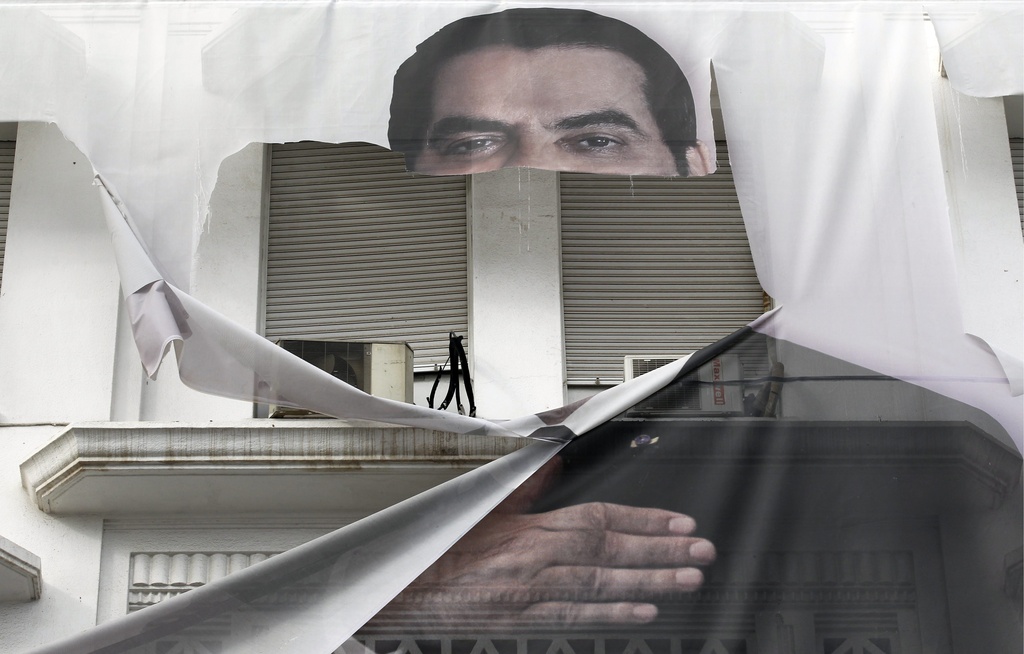
More
Tunisia in transition
Here, the experiences of the “sister” structures of direct democracy and federalism could be of help, as power-sharing is an essential component of both.
The culture of subsidiarity means the closer to the people that problems are solved, the better the result. Thus, it also holds that the reforms of the revolution need to be implemented. For the revolutionary spirit has not yet waned, and must continue to be channelled.
swissinfo.ch: Where exactly does Tunisia stand in the process of power-sharing? Are there already municipalities and regions in which citizens are taking part in decision-making?
A.G.: There are, but they’re more like empty shells. These structures need to be completely filled up.
Often those who hold power are not willing to share it. For this to happen, the pressure of the people is needed.
In the forthcoming regional elections, it is important to elect only those candidates who will bring the ideas of the revolution to these lower levels of community, and in doing so bringing decentralisation and filling it with life.
swissinfo.ch: Yadh Ben Achour, chairman of Tunisia’s High Instance for the Achievement of Objectives of the Revolution, Political Reform, and Democratic Transition and like you a keynote speaker at the forum, said that the social modernisation under Tunisia’s first president, Habib Bourguiba, was the foundation for the success of the Jasmine Revolution. Do you agree?
A.G.: Bourguiba was indeed an authoritarian ruler. But he instituted equal rights for women in 1956, much earlier than Switzerland.
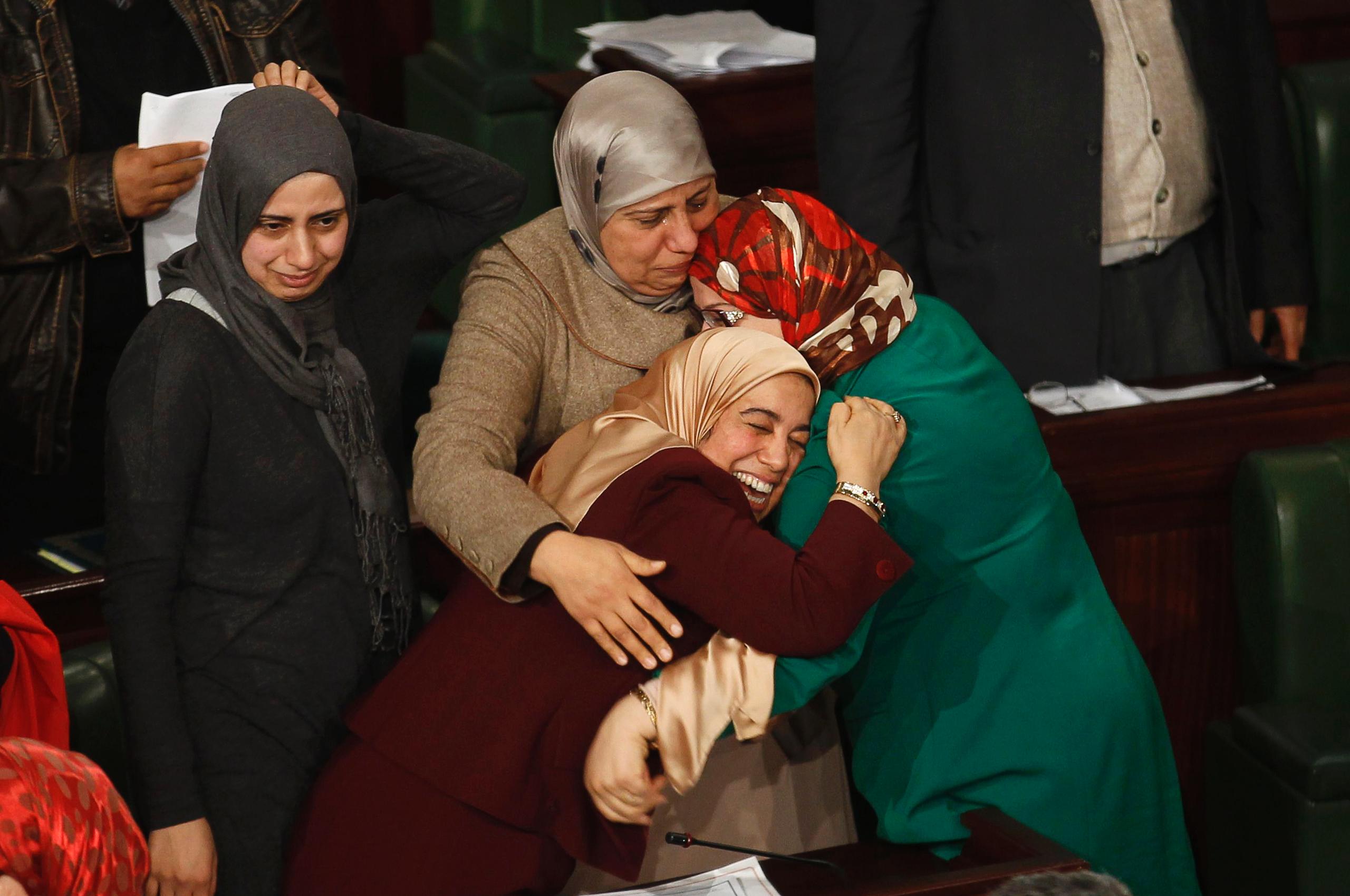
More
‘Tunisian exception’ teaches democratic lessons
In addition he granted universal access to education. This resulted in very strong civic society organisations, which are one of the reasons why the Tunisian revolution succeeded. These are now also helpful to the current process of decentralisation.
swissinfo.ch: Many important posts in the government and parliament are occupied by senior politicians. Do these politicians actually have the will to share power?
A.G.: The insinuation inherent in your question is unfair to these old men. The revolution owes much to some of them. For example, violent clashes were averted and large backlashes avoided.
Some of these old men were in power under Bourguiba but had increasingly distanced themselves during Ben Ali’s last 15 years, among them Ben Achour.
The revolutionary committee that he presided over built a crucial bridge between the revolution and the constituent assembly, integrated the various revolutionary groups, and laid the foundations for two free elections.
Ben Achour is old, but very discerning and wise, as is Béji Caid Essebsi, the new president.
They want to implement the values of the revolution and do not have any great personal ambitions. Tunisia is an example of how people with roots in the old society can build an important bridge to a new revolutionary society.
swissinfo.ch: The attack on the National Museum in March 2015 by Islamists shows how vulnerable the country is. Tunisia has also provided the most fighters to Islamic State. How do you assess the danger to the country from these returnees when they come back from Syria?
A.G.: The question is why thousands of young Tunisians leave the country in the first place to join violent extremists.
This has to do with the lack of life perspectives and the misery of many young people in the country. Life is very difficult economically for many people, also because there are now, unjustly, fewer tourists coming to the country, and this is an important industry in Tunisia.
The Global Forum for Modern Direct Democracy” will take place from 14 to 17 May 2015 in Tunis.
The theme is “Decentralisation through participation”. The Twitter hashtag is # globfor15.
swissinfo.ch will offer up to date coverage in ten languages of discussions, processes and challenges concerning people’s rights, active citizenship and participatory democracy.
Sharing a border with a Libya that is imploding also plays a role. Libya is now a failed state with no real order, from which one million refugees have fled to Tunisia.
In addition, a further million refugees have sought sanctuary from the war zones of sub-Saharan Africa.
Altogether these refugees account for 10% to 20% of the population, in a country of around ten million. This creates enormous problems.
The revolution was triggered by young people suffering from misery and hopelessness. It is vital to immediately improve their life chances. This is the best remedy against Islamic fundamentalists exploiting their despair.
swissinfo.ch: Back to the forum: What are you most looking forward to during these four days?
A.G.: An answer to my question, as to why they made an excellent constitution after the revolution, but without ensuring the support of the people by holding a referendum on it, as is usual after a democratic revolution.
They didn’t want this finishing touch, and I very much wonder why.
Adapted from German by Kathleen Peters

In compliance with the JTI standards
More: SWI swissinfo.ch certified by the Journalism Trust Initiative










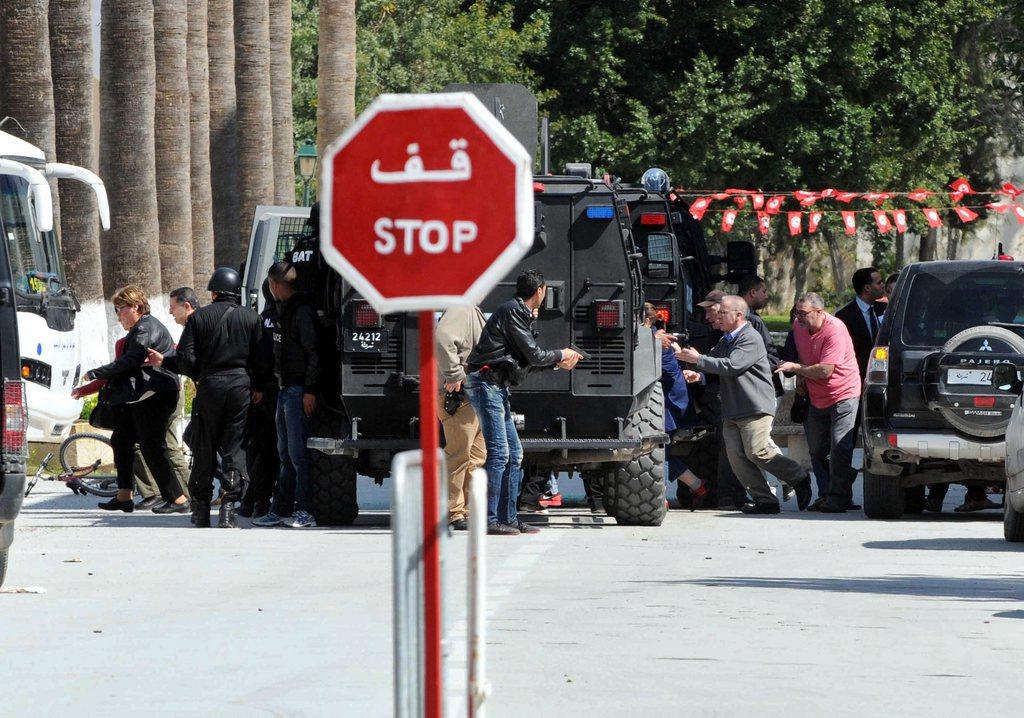

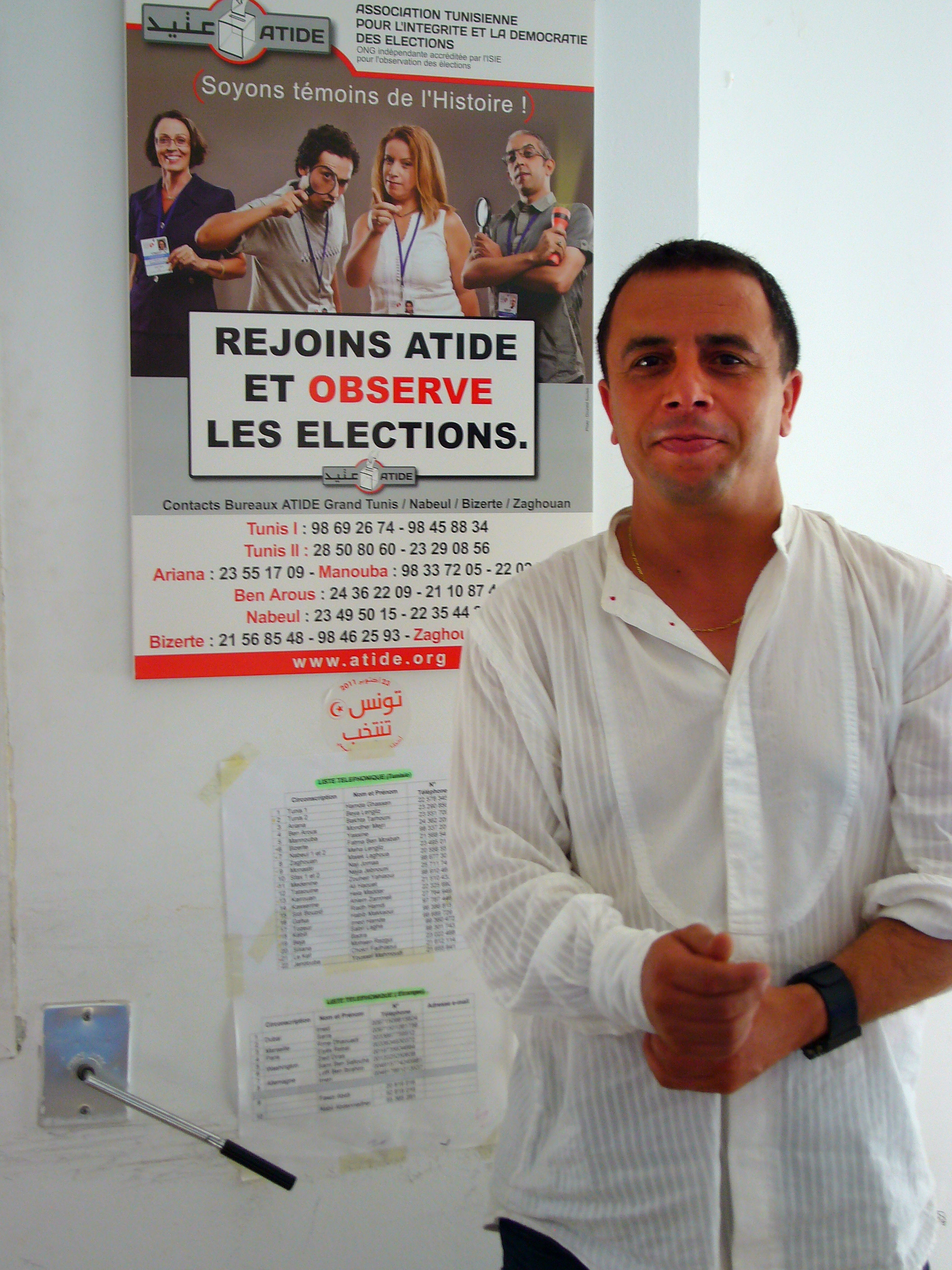
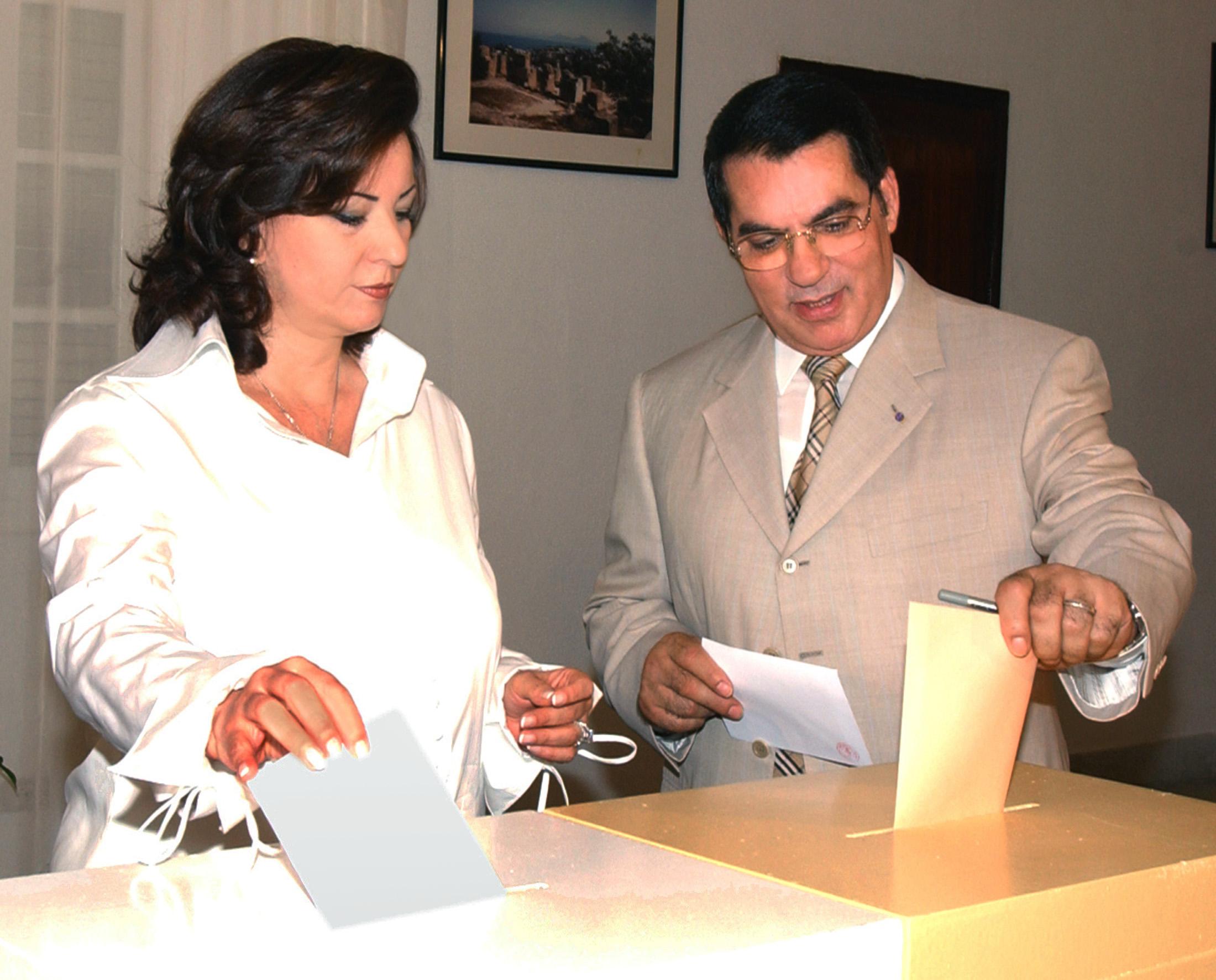

You can find an overview of ongoing debates with our journalists here . Please join us!
If you want to start a conversation about a topic raised in this article or want to report factual errors, email us at english@swissinfo.ch.